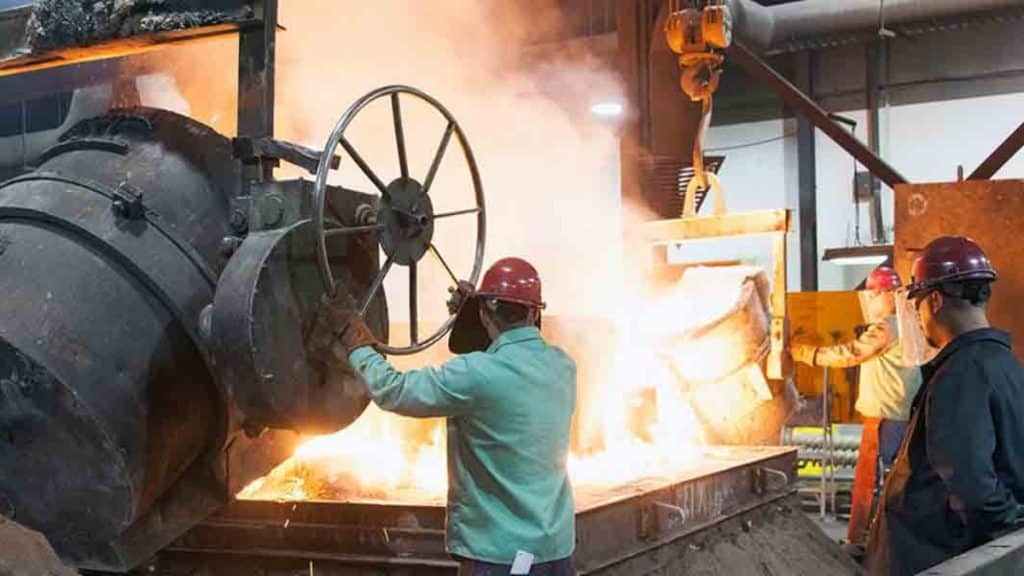Choosing the casting provider holds importance for any manufacturing business. The caliber, effectiveness and dependability of your provider can greatly impact your production output and bottom line. To ensure you’re making a decision it’s essential to pose inquiries when evaluating potential casting suppliers. Here are seven vital queries that will assist you in making a selection.
What is Your Experience in Casting?
Inquiring about a suppliers background is a way to begin. It’s important to understand their history in the casting industry the variety of projects they’ve handled and whether they have dealt with your industry or products before. This insight can help gauge their level of skill and understanding in the field.
What Materials Do You Work With?
Depending on your product needs, it’s important to know the range of materials a supplier can work with. Some suppliers may specialize in one or two types of materials while others may have a wider selection. It’s best to align your needs with their capabilities.
Which Flask Sizes Are Available And What Is The Casting Weight Range?
The size of the flask can impact both the cost and the quality of castings. It’s important to consider the flask size when designing castings to make sure you can fit patterns as possible on a plate. This is crucial, for cutting costs. When working with a casting supplier on a pattern it’s essential that the pattern is compatible, with a flask size. If you decide to switch foundries in the future make sure they can handle that flask size well.
How Many Quality Control Personnel Are On Staff, And What Is That In Terms Of Percentage Of Total Production Staff?
Assessing attitudes, towards quality can be done by looking at the percentage of production and quality control staff who are actively engaged in the quality control process. When a buyer observes a foundry placing an emphasis on quality control it suggests that they likely produce top notch castings. This commitment, to quality is usually reflected in their pricing regardless of whether they need to deliver castings of standards.
Which Value-Added Capabilities Does The Foundry Offer?
Several foundries, in North America provide more than castings; they also offer prototyping and machining services. It is important to think about investing in machined castings when the material has properties that demand specialized machining methods, when the castings need testing and cleaning with specific equipment when there is a lack of machining capabilities at the customers site or when the transportation expenses, for raw castings are too high.
What Is The Foundry’s Preferred Casting Size, Quantity, And Grade Of Metal?
One key aspect to consider once all other requirements have been met is to examine the production pattern of the foundry. Does it focus on high volume production, small castings or custom jobs?
Each foundry has its spot, in terms of production capabilities and components that align with this sweet spot will likely be manufactured in a more efficient and timely manner at that particular facility.
What Are The Foundry’s Future Plans For Development?
A forge looking to expand, upgrade equipment or make other business enhancements is probably a forge that can evolve and grow alongside your business. Nevertheless in the future specific growth strategies may impact delivery schedules.
Having a conversation, with the forge regarding its expansion plans and sharing your estimated order volumes can prevent delays.
